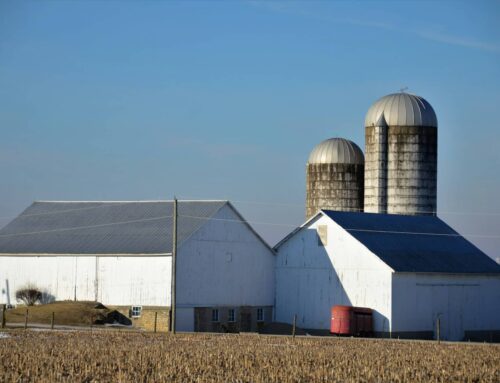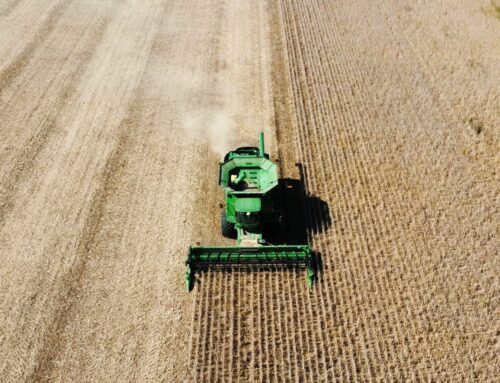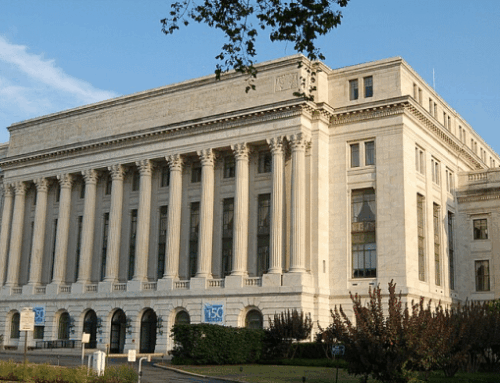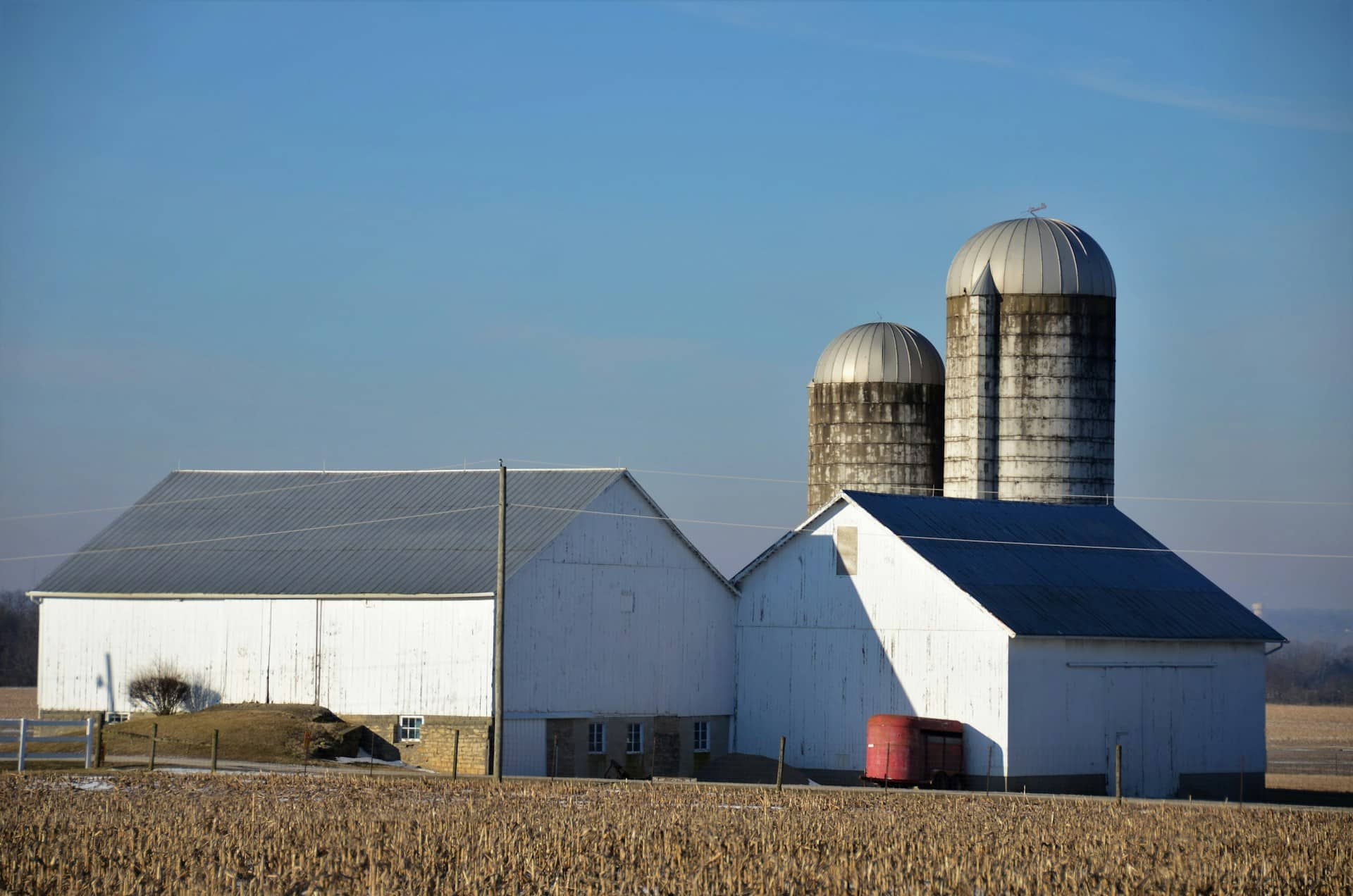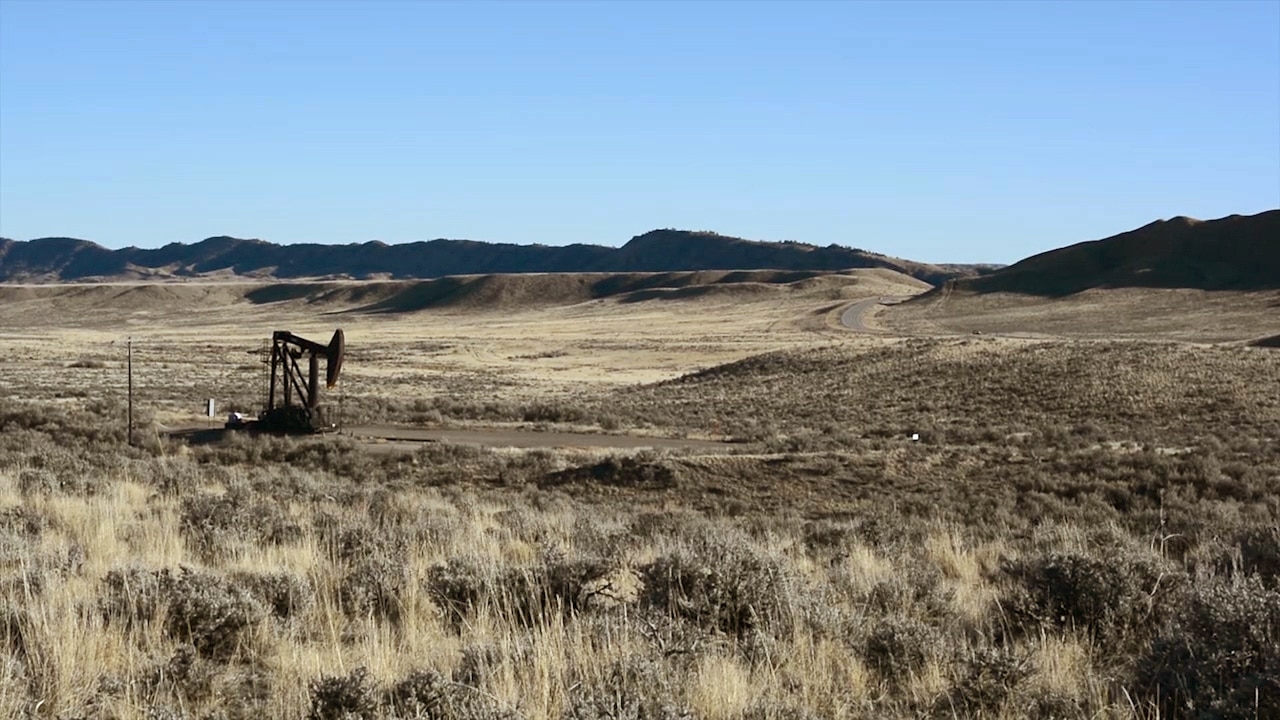Most of the programs created in the trillion-dollar 2014 farm bill are authorized through 2018. Consequently, Congress is unlikely to have a full-throated debate on the role of federal taxpayers in providing a safety net for agricultural businesses until the spring of 2018. But that isn’t stopping agricultural lobbyists from pushing for more spending in the interim. More than 60 lawmakers are asking the U.S. Department of Agriculture to spend money propping up the dairy sector. Interest groups are trying to increase payments in the already over budget ARC/PLC subsidy programs. And they’ve had success with the USDA, which has announced $300 million in non-budgeted funds to be spent on cotton growers.
This push to pry more taxpayer dollars from the Treasury is a principal reason why Taxpayers for Common Sense recently participated in a panel discussion on federal agriculture policy held for congressional staff. The panel, Growing a Better Farm Safety Net: Evaluating Ideas for Farm Bill Reform, was moderated by the R Street Institute, a public policy research organization. The discussion centered around Dr. Vincent Smith’s R Street-commissioned paper examining the effects of limiting crop insurance premium subsidies. Smith, an agricultural economist from Montana State University, and representatives from the National Taxpayers Union, Environmental Working Group, and Taxpayers for Common Sense expanded the discussion to a review of the state of federal agriculture policy and potential reform opportunities.
With a trillion dollar farm bill already billions over budget only two years after approval, it’s never too early to discuss reform. Taxpayers for Common Sense will continue working to ensure taxpayers obtain a cost-effective, transparent, agricultural safety net that is accountable to taxpayers and responsive to agricultural needs.



